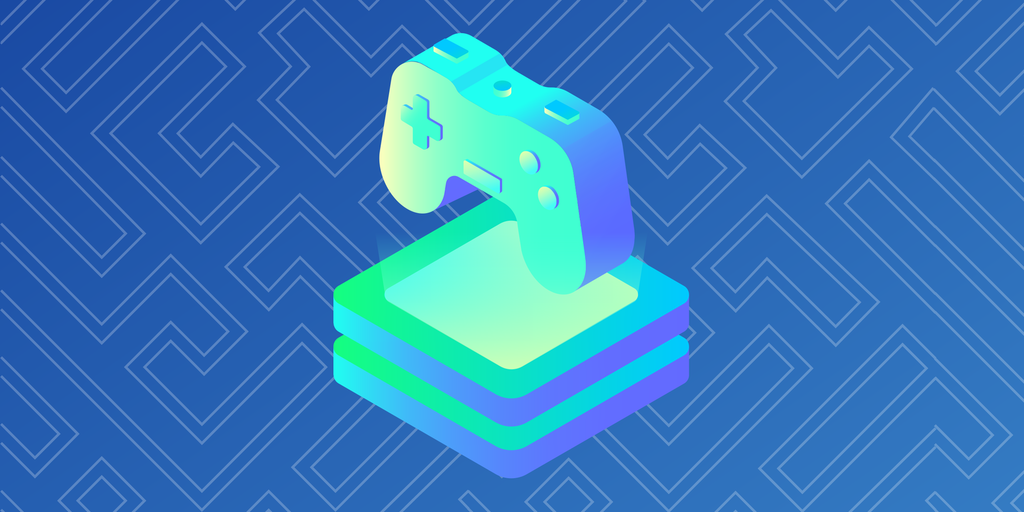In the wide world of crypto, there are now many blockchains specifically designed for gaming—but Ronin was among the first to launch.
Gaming blockchains are typically built to offer low transaction fees and a higher number of potential transactions, so they’re supposed to be more affordable and more scalable than blockchains like Bitcoin and Ethereum. Some gaming chains are also private, meaning that developers must gain approval from a blockchain’s creators in order to join its ecosystem.
Ronin is one of those examples—at least for now, though founders have said they intend to open it up sometime in 2024 for more studios to build on. In the meantime, games like Pixels and Axie Infinity are drawing players to the Ethereum sidechain. Here’s what you need to know about it.
What is Ronin?
Ronin is a gaming-centric Ethereum sidechain designed to handle transactions at a much faster and cheaper rate than Ethereum’s own mainnet. The Ethereum Virtual Machine (EVM) compatible chain originally launched back in February 2021.
It originally launched a “proof of authority” blockchain (PoA), meaning individuals Ronin deems reputable run validator nodes, a type of computer software, to confirm transactions on its blockchain. One common criticism of the PoA method, however, is that a lot of trust must be placed in a smaller number of validators—so it’s less decentralized than other methods.
In March 2022, the Ronin’s bridge experienced a massive $622 million hack. The bridge connects Ronin to Ethereum. The U.S. Treasury blamed North Korean hackers for the attack—and some of the lost funds were eventually recovered. Affected users were fully refunded by the Ronin network and developer Sky Mavis in June 2022.
In April 2023, the Ronin blockchain switched to the delegated proof-of-stake mechanism (DPoS), meaning that it no longer operates as a PoA blockchain. DPoS allows for more decentralization, as now any Ronin (RON) token holder with at least 250,000 RON staked on its blockchain can “delegate” or select validators for the network.
What is RON?
The Ronin token, also known as RON, is the gas token for the Ronin blockchain. Ronin network users need a bit of RON to pay for transactions on the blockchain. RON can also be staked to participate in the blockchain’s aforementioned DPoS mechanism, or can be staked for other decentralized finance (DeFi) purposes.
What is the Ronin Wallet?
Sky Mavis’ Ronin Wallet is a crypto wallet for the Ronin blockchain ecosystem that exists as both a web browser extension and a mobile app for iOS and Android devices.
In early 2024, the mobile wallet’s developers announced new features in an effort to expand its capabilities, adding support for other blockchains like Ethereum sidechain Polygon and the EVM-compatible BNB Chain. It’s also added Binance Pay as a feature, which allows users to buy some of the Ronin ecosystem’s tokens.
What is Sky Mavis?
Sky Mavis is a crypto tech startup founded in 2018 that created both the Ronin blockchain and its flagship game, Axie Infinity. Sky Mavis has five co-founders: Trung Nguyen, Aleksander Larsen, Jeffrey Zirlin, Viet Anh Ho Sy, and Tu Doan.
According to Tracxn data, Sky Mavis has 26 institutional investors, with Animoca Brands and Andreessen Horowitz (a16z) among them. Sky Mavis has raised $311 million in funding at time of writing, per Tracxn, with its latest round a Series B that raised $150 million in April 2022. That round was raised to help refund Ronin users after the aforementioned hack.
How does Axie Infinity fit into Ronin?
Axie Infinity is a Pokémon-inspired play-to-earn game where players can fight each other in battles where they must pit axolotl-inspired creatures called “Axies” against each other. Every Axie is an NFT that can be bought and sold. Thanks to a recent update, some Axies can now be upgraded, too.
Which tokens are on Ronin?
The Ronin blockchain’s best-known tokens so far are RON, AXS, and SLP. AXS is Axie Infinity’s governance token. SLP, also known as Smooth Love Potion, is Axie Infinity’s main in-game currency and play-to-earn reward token.
In early 2024, Sky Mavis announced that SLP would be getting a rework including a capped token supply and a “stability fund” that will automatically buy SLP at specified times in an effort to keep the token’s price within certain target points. SLP can be earned in Axie Infinity by winning matches.
Pixels is also set to launch its own PIXEL token soon on Ronin, while other games are likely to debut tokens in the future as they expand and hold airdrop campaigns.
Which games are on Ronin?
While Ronin’s most well-known game is Axie Infinity (which consists of Origins, Raylights, and Homeland games), there’s also games like Axie Classic, Project T prototype, and Defenders of Lunacian Land.
Beyond the Axie IP, Sky Mavis has begun to bring external game developers onto the Ronin blockchain, adding Pixels, Zoids Wild Arena, The Machines Arena, Tribesters: Island of Solas, and Civitas, to name a few.
Pixels has been credited with helping to renew interest around the Ronin chain after migrating from Polygon in late 2023 and kicking off a play-to-airdrop campaign that concluded in January 2024. The game has driven a dramatic rise in active users on Ronin, arguably benefitting other games on the platform and driving refreshed enthusiasm around its prospects.
Edited by Andrew Hayward
Editor’s note: This story was updated after publication to note additional Sky Mavis co-founders and to clarify that Ronin users affected by the bridge hack were fully refunded.
This news is republished from another source. You can check the original article here

